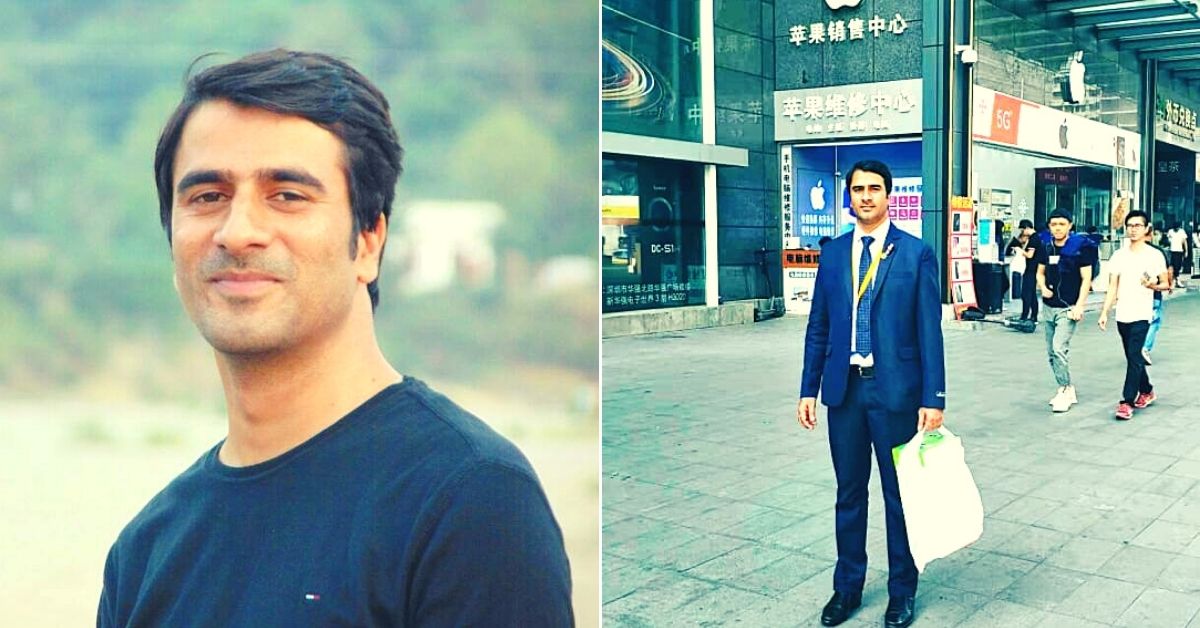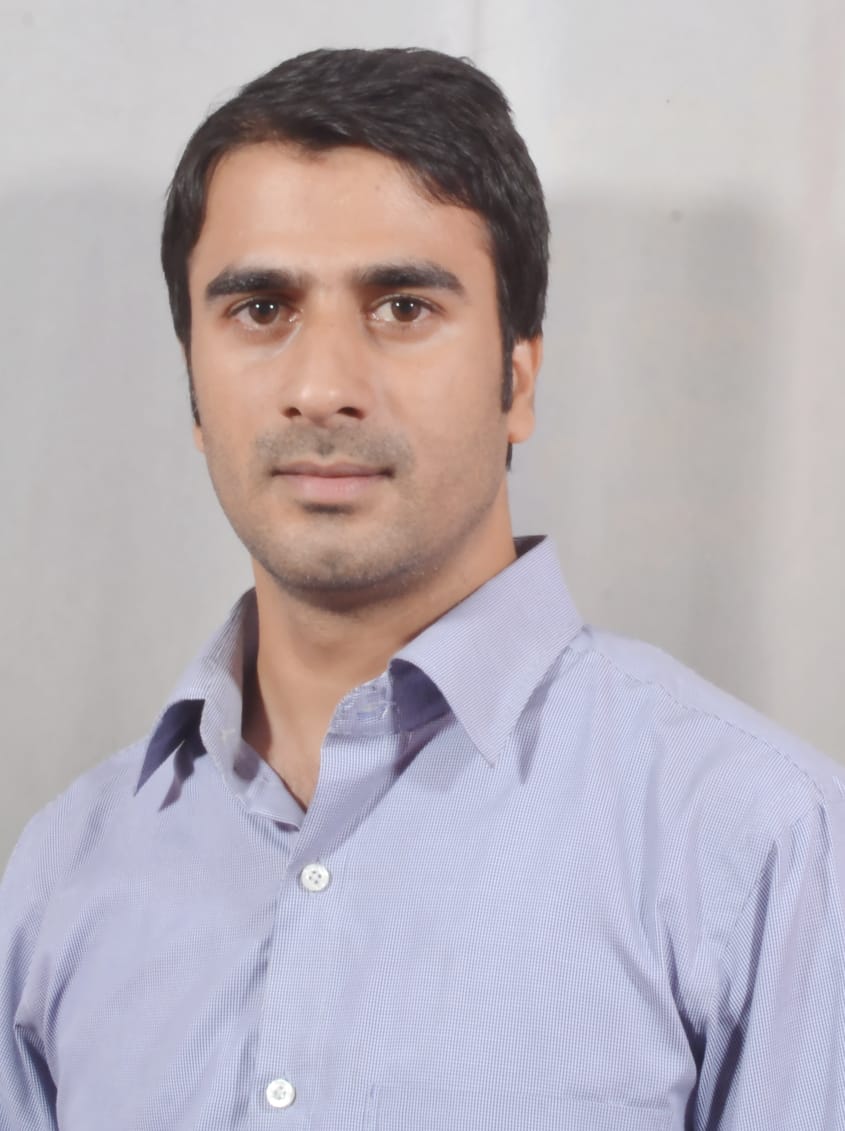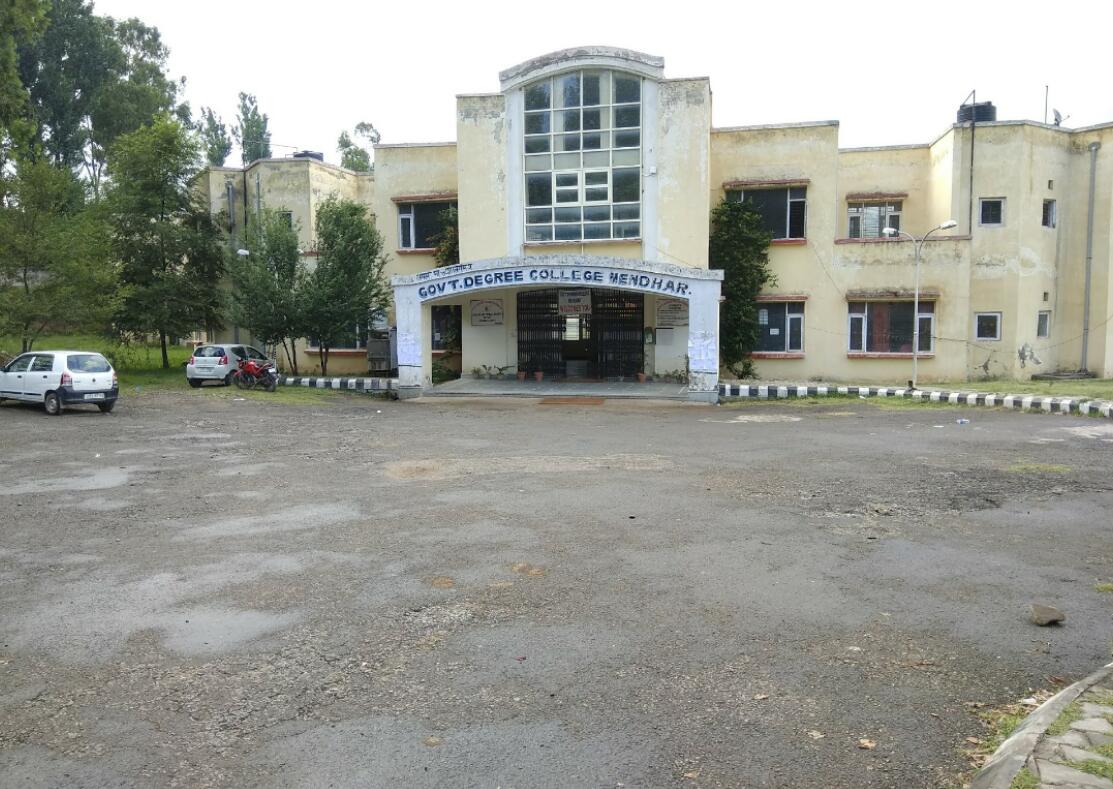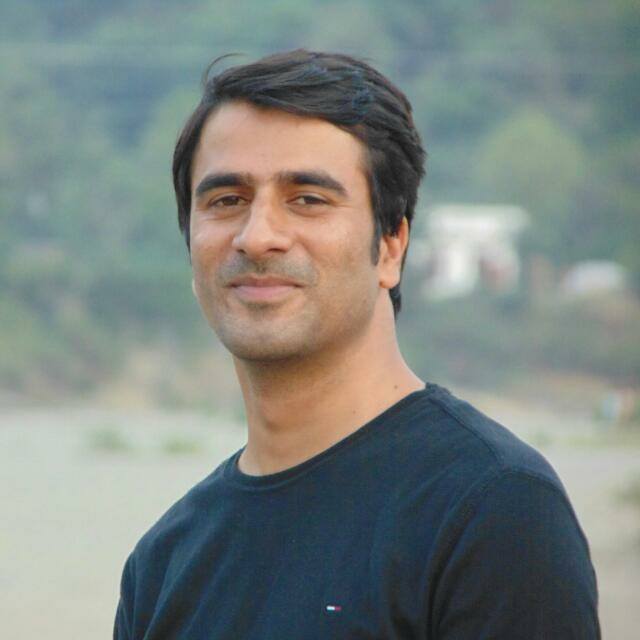Stanford Dubs Professor From Small College Near The LoC Among The World’s Top 2%
Dr. Shakeel Ahmed was recently included in Stanford University’s list of the top 2% scientists in the world. Of the 2,313 Indians who made it to the list, he is an exception with most of them from IITs and IISc. He is also a member of the Royal Society of Chemistry.

Students at the Government Degree College in Mendhar Tehsil, Poonch district, Jammu and Kashmir, are often disturbed by sounds of shelling and firing across the Line of Control (LoC).
“Our college is barely 2.5 km away from the LoC. The situation on the border could escalate at any time and as a result schools and colleges would close because of cross-border shelling and firing-related episodes. Such disturbances would plant seeds of doubt in the mind of students and often drive them away from academic pursuits,” says Zahir Abbas, an alumnus of the college, who is today pursuing his PhD in nanotechnology at IIT Indore.
So, how did Zahir overcome these disturbances and find the motivation to pursue a life of academic research? The answer lies with Dr Shakeel Ahmed, a professor of chemistry at the Government Degree College in Mendhar Tehsil, who passed up opportunities to teach at the IITs and instead helped students, like Zahir, who live close to the border. He hopes to motivate his students to pursue a career in scientific research.
Recently included in Stanford University’s list of the top 2% scientists in the world, Dr Shakeel is an exception as most of the 2,313 Indians who made it to the list were from the IITs and IISc. The 31-year-old is also a member of the Royal Society of Chemistry and the American Chemical Society.

Overcoming the odds
Born in the remote village of Dhangri in Rajouri district, Jammu and Kashmir, Dr Shakeel was barely a year old when his father passed away.
“I was the youngest of seven siblings. When my father passed away, my mother, a housewife, had to take up all the financial responsibilities that came with raising us. It was a real struggle for my mother. She started labouring in other people’s fields and stitching clothes to make ends meet. Meanwhile, my siblings and I would help her in rearing the household goats and sheep. We are from the nomadic Gujjar community,” Dr Shakeel tells The Better India.
Fortunately, he was an exceptionally bright student who first studied at the local village school. From there, he went on to study chemistry at the Government Degree College, Rajouri, for his Bachelor of Science (BSc) before heading to Jamia Millia Islamia in New Delhi for his MSc and PhD. After his PhD, he was awarded the prestigious National Post Doctoral Fellowship and made his way to IIT Delhi.
“All through my education, I was fortunate enough to study on scholarships that took care of tuition and hostel fees. After my MSc, I cleared my NET exam and became eligible for the Junior Research Fellowship (JRF). All expenses for my PhD were taken care of by the JRF. The struggle to pursue an education in this part of the world was immense. Despite being a bright student, I struggled with not just financial issues, but even access to libraries. I also didn’t have anyone to guide me on how I could further my career,” he recalls.
After a couple of months as a National Post Doctoral Fellow at IIT-Delhi, he had the opportunity to be appointed as an assistant professor there. But after a couple of months, he resigned from the fellowship and joined the Government Degree College in Mendhar as a professor. He is the only one among the two chemistry faculty members in the college.

Changing Course
This is his first posting as an employee with the Higher Education Department in Jammu and Kashmir. He is subject to a transfer to any government college in the area. Usually, postings last about two years, but he has been teaching here since April 2017.
Speaking about giving up a career to teach at a prestigious institution like IIT Delhi, he says, “I decided to go back so that the youth won’t have to face the kind of situation I did. Considering how difficult it was for me to study growing up, I always wanted to come back home and help students from these very remote areas close to the LoC. Nearly 99% of the students here come from surrounding villages. Students here don’t have the sort of opportunities like they do in Delhi or other major cities. I came back to educate and guide the youth so that they may fulfil their desires and go for further education in science. Most people from my part of the world who finish school don’t pursue higher education and end up in the Middle East as labourers.”
“Dr. Shakeel makes a genuine effort to reach out to every student, guide them and help them understand how they can overcome financial constraints through scholarships,” says Zahir.
More interestingly, however, he has got students in college genuinely interested in chemistry.
“Students pursuing science here didn’t really choose chemistry as their subject of choice. I was in my fifth semester when he first came to teach. Before I met him, I had little interest in chemistry and had no idea I would pursue my higher studies in this subject. I had the impression that chemistry was a really difficult subject. However, when Shakeel sir started teaching us, he changed our perception, taught us the magic behind it and helped us understand that we could actually obtain admission into quality institutions to study it further. He took time to explain the plethora of job opportunities available if we pursued higher education in chemistry,” recalls Zahir.
In his first year, Dr Shakeel barely had 20 students. But thanks to his classes, teaching methods and how he generated a lot of interest around the subject, the following year saw his class blooming to over 100 students with half of them consisting of women.
“After teaching the relevant material on the blackboard, he would give us problems to solve. He would ask every student whether we understood a particular concept or not and that’s what I really liked about his teaching method. He taught us with so much love and established such a close bond with us. While I got accepted into multiple PhD programs across different IITs and CSIR Labs, three other students from my batch also ended up completing their MSc. But they are now studying for the civil services examination,” he adds.

Going beyond the syllabus
Even till this day, both Dr Shakeel and Zahir maintain regular contact with each other. Zahir continues to seek regular advice on career and life-related decisions.
Beyond teaching and motivating his students, Dr Shakeel continues to power through with his research work, which is focussed on biodegradable food packaging material.
Dr Shakeel still goes back to IIT Delhi and Jamia during his vacations, where he is given access to labs and leads collaborative research efforts thanks to his teachers there because the government college has no quality research facilities.
“In this backward area, we don’t have the necessary financial support or the infrastructure to carry out research since setting up these state of the art labs can cost crores. I can carry out some of my research work at the chemistry lab here, but key experiments are conducted in IIT Delhi and Jamia. In the meantime, however, I have published 20 reference books and over 30 research papers in reputed international journals on polymer chemistry,” he claims.
His next objective is to establish an NGO through which he can work with other teachers to help educate, guide and counsel the students in these remote border areas.
“I have asked Shakeel sir so many times about why he gave up a comfortable career to teach here. His answer to me has always been that he wants to serve the people of Pir Panjal and Jammu and Kashmir. What we lack in infrastructure and facilities, Shakeel sir does his absolute best to make up for it in teaching and motivating us,” says Zahir.
(Edited by Yoshita Rao)
Like this story? Or have something to share? Write to us: [email protected], or connect with us on Facebook and Twitter.
If you found our stories insightful, informative, or even just enjoyable, we invite you to consider making a voluntary payment to support the work we do at The Better India. Your contribution helps us continue producing quality content that educates, inspires, and drives positive change.
Choose one of the payment options below for your contribution-
By paying for the stories you value, you directly contribute to sustaining our efforts focused on making a difference in the world. Together, let’s ensure that impactful stories continue to be told and shared, enriching lives and communities alike.
Thank you for your support. Here are some frequently asked questions you might find helpful to know why you are contributing?


This story made me
-
97
-
121
-
89
-
167











